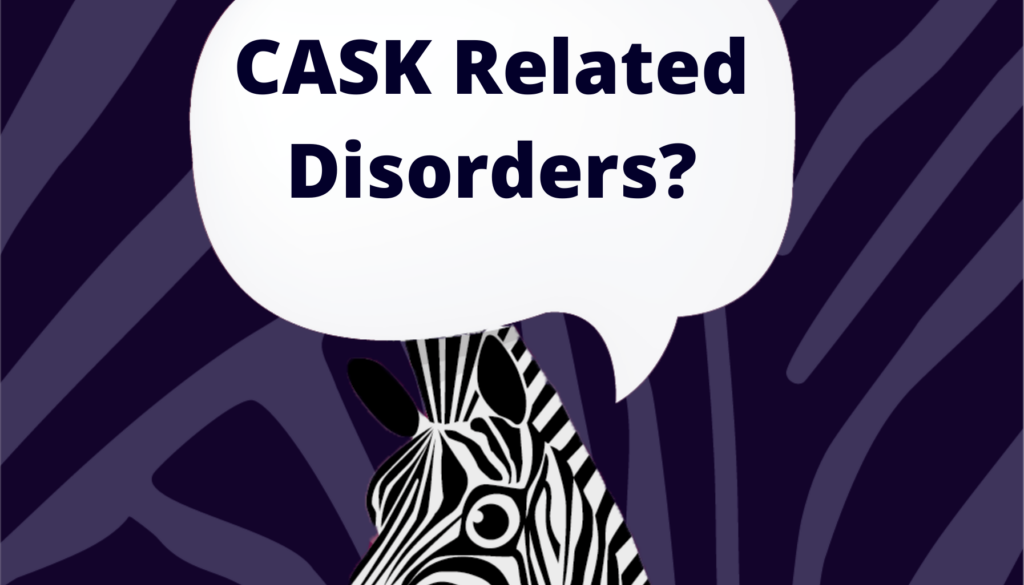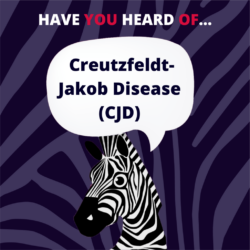Mystery Monday: Have YOU heard of CASK-Related Disorders?
This week Mystery Monday is focusing on CASK-Related Disorders? Thank you so much to CASK Research Foundation for the fantastic resources!
Be sure to stay in the loop with Mystery Monday by following us on Instagram and viewing our latest posts and stories. We also conduct a poll to see how many of you have heard of each rare disease.
What are CASK-Related Disorders?
CASK-Related Disorders encompass a group of rare genetic conditions that primarily affect the brain and nervous system. These disorders are extremely rare, with only a few dozen cases reported worldwide so far.The cause of CASK-Related Disorders is a mutation in the CASK gene, which plays a crucial role in brain development and function. Deletions or duplications within the gene that disrupt its function, or those containing the whole gene can also cause a CASK-related disorder.
Features of these disorders can vary widely but commonly include intellectual disability, developmental delays, seizures, and problems with movement and coordination. Affected individuals may also experience hearing loss, visual impairments, and speech difficulties. Diagnosis of CASK-Related Disorders involves a combination of clinical evaluations, genetic testing, and brain imaging studies to identify the presence of CASK gene mutations. Due to the rarity of these disorders, diagnosis can be challenging and often requires consultation with geneticists and neurologists. Children with a CASK-related disorder should be under the care of a multidisciplinary team including a paediatrician, geneticist and the community paediatric team with neuro-developmental paediatrician, physiotherapy, occupational therapy and speech and language therapy. Children should be referred to an Ophthalmologist (eye doctor) and ENT specialist (ear doctor) for assessment.
Despite their rarity, researchers and medical professionals are diligently working towards improving diagnosis, understanding the underlying mechanisms, and developing targeted interventions to provide better support and care for individuals and families affected by these challenging conditions. By unraveling the mysteries of CASK-related disorders, we can hope for improved diagnostic methods, enhanced understanding of the underlying mechanisms, and ultimately, more effective treatments and support for individuals and families impacted by these rare genetic disorders.




